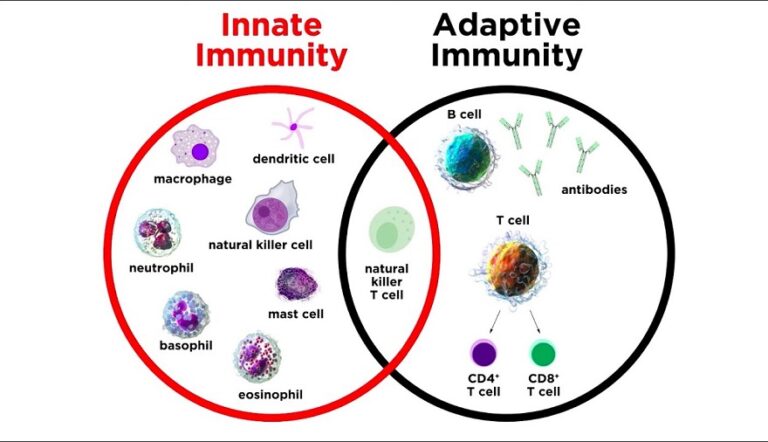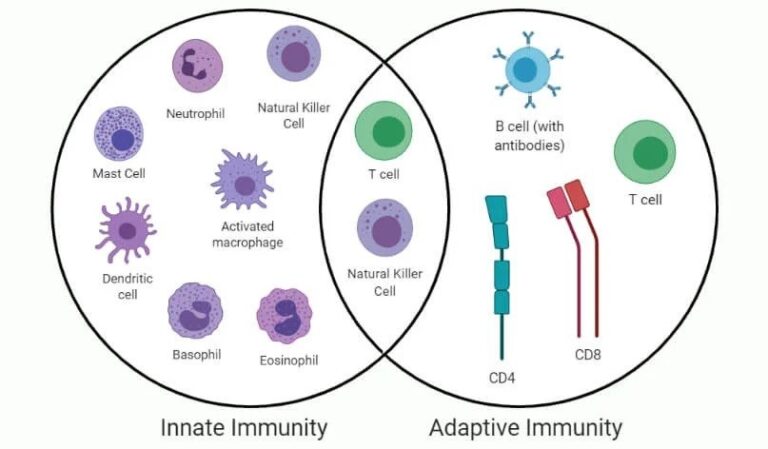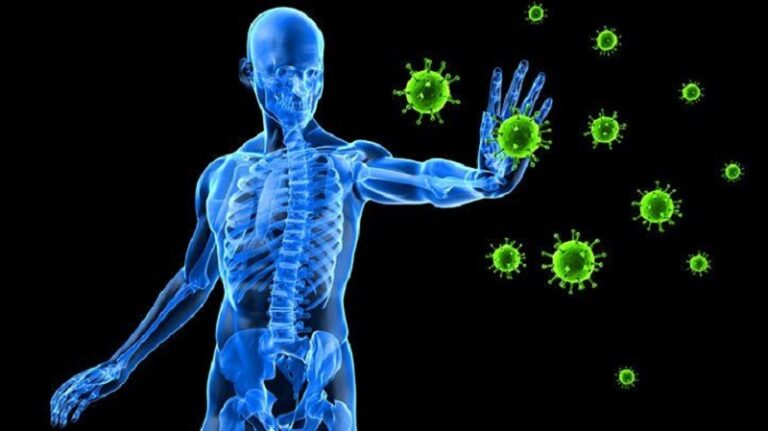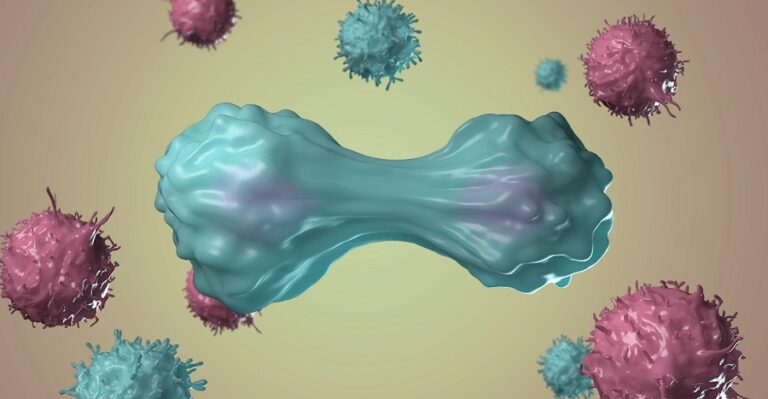There are still many things we don’t know about the coronavirus. What is clear is that COVID-19 is considered a pandemic that has caused impacts worldwide.
Identifying the symptoms of coronavirus is essential to differentiate it from other diseases caused by viruses, such as the common flu.
This article publishes updated information on the symptoms of the coronavirus, its prevention methods, and possible treatments.
What is coronavirus?
Coronaviruses are a family of viruses that include more than 40 different virus species. The name is associated with its structure; the word crown refers to the spikes on its surface.
Coronaviruses can penetrate the membranes of a healthy cell by imitation. After the transmembrane receptor captures the cells, it is introduced, and the RNA of the virus arrives there.
The new coronavirus is a new strain SARS-CoV-2, detected in late 2019, that causes a contagious infectious disease.
What are the symptoms of the COVID-19 coronavirus?
The most common symptoms of COVID-19 are fever, tiredness, and a dry cough. Some patients may have pain, nasal congestion, runny nose, sore throat, or diarrhea. These symptoms are usually mild and appear gradually.
Older people with other diseases such as high blood pressure, heart problems, or diabetes, are more likely to develop severe illnesses.
According to the WHO, about 80% of coronavirus patients can easily tolerate the disease with mild or no symptoms. COVID-19 requires hospitalization in 15% of cases, and only 5% need extreme medical attention; in approximately 2-4%, it is fatal. (1)
Among the complications of the coronavirus are lower respiratory tract injuries and viral pneumonia. Deterioration in vulnerable patients occurs rapidly: many patients develop respiratory failure in as little as 24 hours. In this case, they require respiratory support using a mechanical ventilation device. (2)
// Symptoms of coronavirus:
- Fever
- Fatigue
- Nasal congestion
- Dry cough
- Difficulty breathing
- Throat pain
What to do with the symptoms of COVID-19?
If you are not feeling well, call the appropriate lines within your medical area. If you have mild symptoms of the disease, such as a headache or a runny nose, do not contact others.
By limiting contact and not visiting medical institutions immediately, you are helping these institutions to work more efficiently and protect yourself and others from possible SARS-CoV-2 coronavirus infection.
If you have symptoms of coronavirus, you don’t need to panic; this is not going to help you or those around you. If you have a fever, cough, or shortness of breath, call your healthcare provider and report any travel or people contact you’ve had.
Calling for medical care by phone will allow specialists to refer you to an appropriate medical institution quickly. Additionally, this will help prevent the possible spread of the coronavirus.
Coronavirus – treatments
There is no cure for the disease that causes the new coronavirus, COVID-19. Possible vaccines and different specific drug treatments are being investigated.
WHO coordinates efforts to develop vaccines and drugs to prevent and treat COVID-19.
The most effective drugs so far have been interferon alfa-2b and chloroquine. These drugs have previously been used to treat other diseases caused by viruses, such as malaria and the SARS outbreak in 2003 (4).
The WHO estimates that the time to launch an efficient and specific drug on the market is at least 4 to 6 months.
Since one of the main symptoms of the coronavirus is fever, it is allowed to use painkillers to reduce it. WHO recommends taking paracetamol (at a dose of 500 mg 2-3 times a day).
On the other hand, the French Minister of Health, Olivier Veran, said that taking anti-inflammatory drugs such as cortisone or ibuprofen can worsen the condition of a patient with coronavirus.
It is not advisable to take supplements or medications without the preliminary evaluation of a specialist doctor.
How to prevent coronavirus?
Viruses (including coronavirus) are most often transmitted by airborne droplets, such as by sneezing or coughing.
To avoid getting infected, the best way is to stay at least 1-2 meters from a person. Wearing a mask is not an effective method of protecting yourself from infection, but it does help protect others – wear a mask if you have symptoms of the disease.
Avoid touching your eyes, nose, or mouth when you are away from home. Remember that coronavirus can be infected by transferring from the surface of objects to the face. The virus can be active in the air for up to 3 hours, on cardboard for up to 24 hours, on metal surfaces for up to 48 hours, and plastic for up to 72 hours (5).
Frequent hand washing with a 70% alcohol solution or soap and water is recommended. Washing your hands kills viruses that may be on your hands. How to prevent coronavirus:
- Wash your hands frequently
- Adopt respiratory hygiene measures
- Maintain social distancing
- Avoid touching your eyes, nose, and mouth
- Stay informed and follow the recommendations of healthcare professionals
Differences between COVID-19, SARS, MERS, and the common flu
The new coronavirus, sars, and the common flu all fall under the category of viruses. But they have differences both at the genome level and in the consequences and symptoms of the disease.
COVID-19 is more contagious, and its symptoms are often more severe than the common flu. The fatality is significantly lower concerning SARS and MERS, but the incubation time is longer.
The virologist Akiko Iwasaki, currently actively investigating the coronavirus, has made it clear in the following image:
Children and coronavirus Why do they get sick less?
Children and young people get less sick from the coronavirus. A logical explanation would be that children are better resistant to infection, but that does not seem to be the case. A recent study found that children are just as likely to be infected as adults. (2)
“No one has a sure answer to that question yet,” says Akiko Iwasaki. She and other expert virologists suspect it may be due to the unique way that children’s immune systems respond to these viruses.
A common complication of COVID-19, SARS, and MERS in adults is acute respiratory distress syndrome. This occurs when the immune response against the coronavirus becomes too aggressive and causes damage to the lungs. (5)
When the immune system is trying to help by attacking the virus, they can end up blocking the absorption of oxygen in the lungs. This phenomenon is called a cytokine storm.
Because children’s immune systems are still developing, one possibility is that they are protected from this type of excessive immune response, caused by the coronavirus.
Immune system and coronavirus
People with impaired immune systems are at higher risk of infections from viruses and bacteria.
A lack of vitamins, minerals, and other essential nutrients can weaken the immune system and increase the risk of virus and bacterial infections.
Making changes in habits and including certain foods and supplements can help strengthen your natural defenses.
During the pandemic, watch your diet and check your habits. While strengthening the immune system does not prevent coronavirus prevention, it can be an advantage against COVID-19.
Do ginger tea, garlic, and vitamin C help prevent or cure coronavirus?
Neither ginger tea, garlic, nor vitamin C is an effective cure or treatment to prevent or cure coronavirus.
Hot beverages help cough up and relieve symptoms of other respiratory tract infections, but they are not a proven coronavirus alternative.
If you observe signs of coronavirus, it is recommended that you call the hotline to the institutions in your country.
COVID-19 is a new type of coronavirus discovered in late 2019. The disease can be asymptomatic for the first 14 days, after which it is characterized by mild symptoms such as a dry cough and fever. In approximately 5-10% of cases of coronavirus infection, complications requiring mechanical ventilation are observed.







